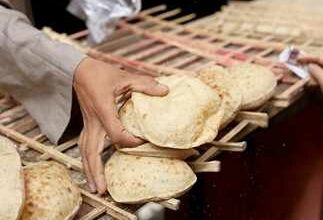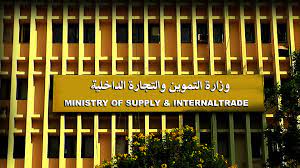More than 1,2000 local bread bakeries, or for 70 percent of bakeries nationwide, have adopted the government's new subsidies scheme, claimed Nassr al-Farrash, spokesperson for the Ministry of Supply and Internal Trade.
Twenty-four governorates have already adopted the new measures and work is also underway to implement them in Aswan, Matrouh and Suez.
Subsidized bread currently sells for 5 piasters, and is a vital food commodity for the country’s lower- and middle-class citizens.
The government has blamed frequent bread shortages on black market bread sales, as well as the smuggling of flour and wheat, accusing bakery owners of profiteering.
A new government policy has lifted subsidies on whole ingredients, thus removing incentives for bakers to trade them on the black market, the Cabinet claims. Private bakeries are being asked to sign on to the new contracts.
But the scheme has not appealed to bakers who in March stormed the Supply and Internal Trade Ministry in downtown Cairo in protest against the new policy, as well as the rise in prices of gasoline, diesel and flour. They decried the raising of the cost of production of one sack of flour from LE80 to LE120.
They argue that the government, the sole supplier of wheat and other ingredients used in bread making, is looking to lay the burden of lifting subsidies on bakers, as well as failing to consider the actual production cost.
Edited translation from MENA



